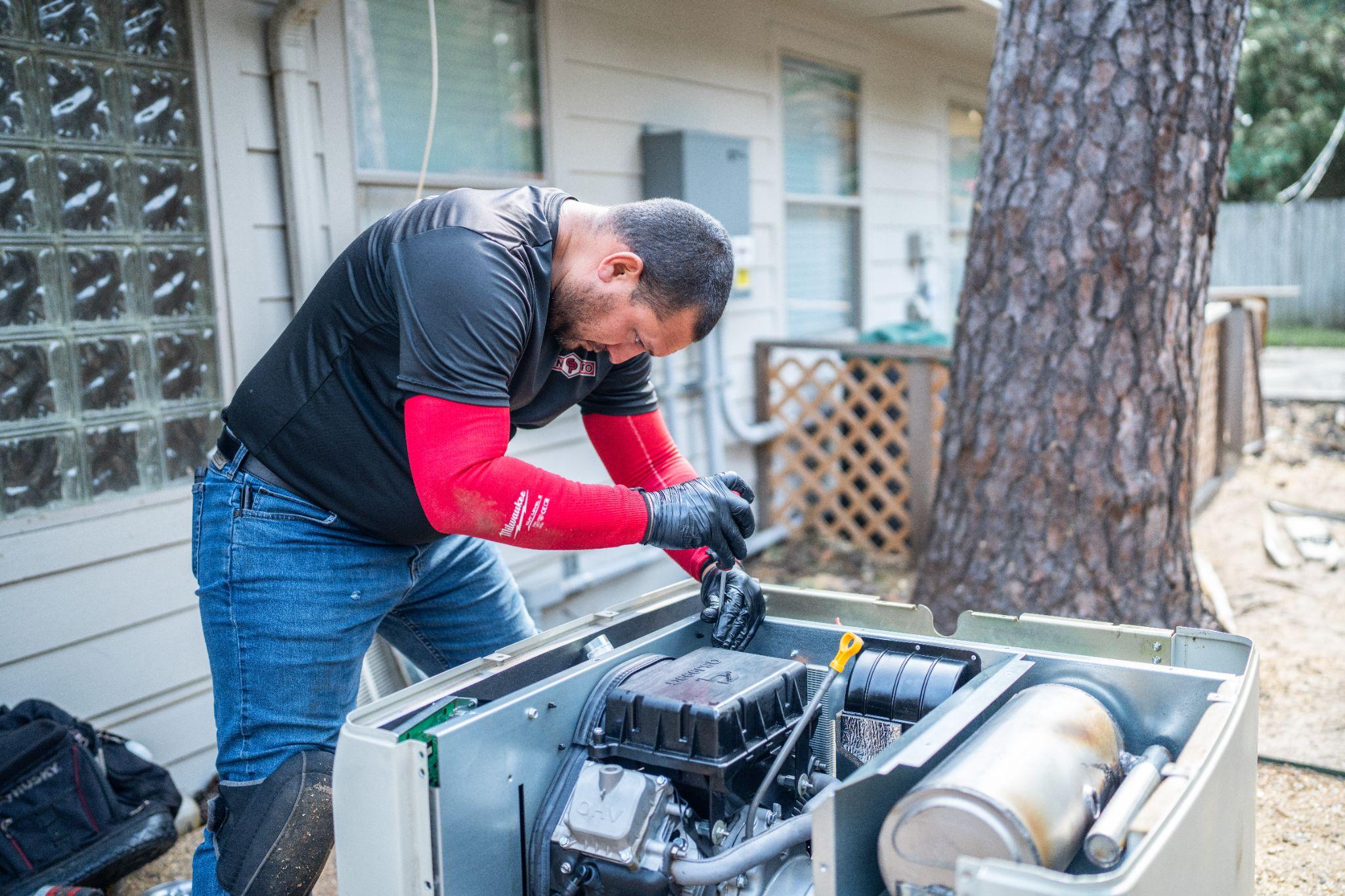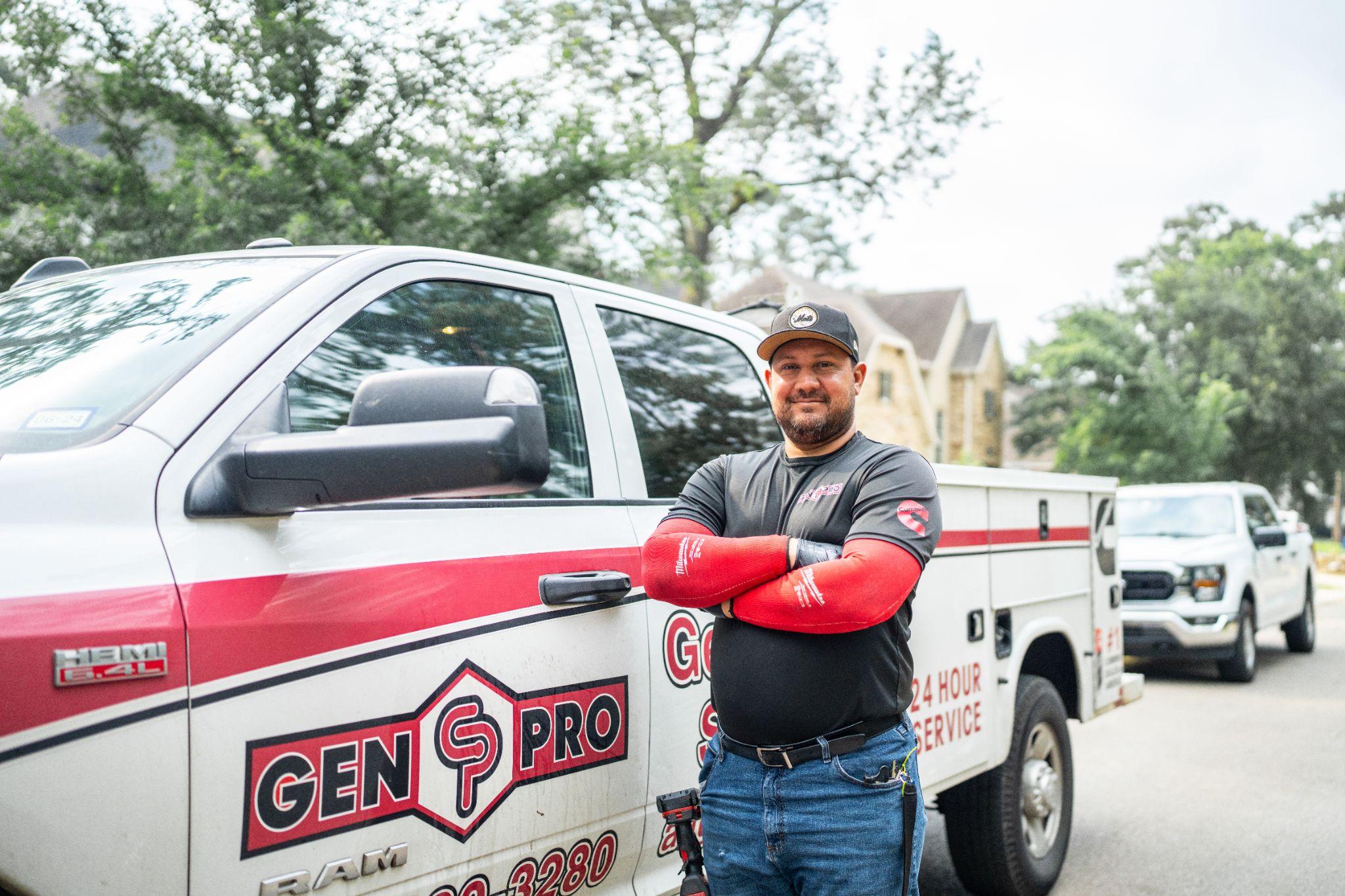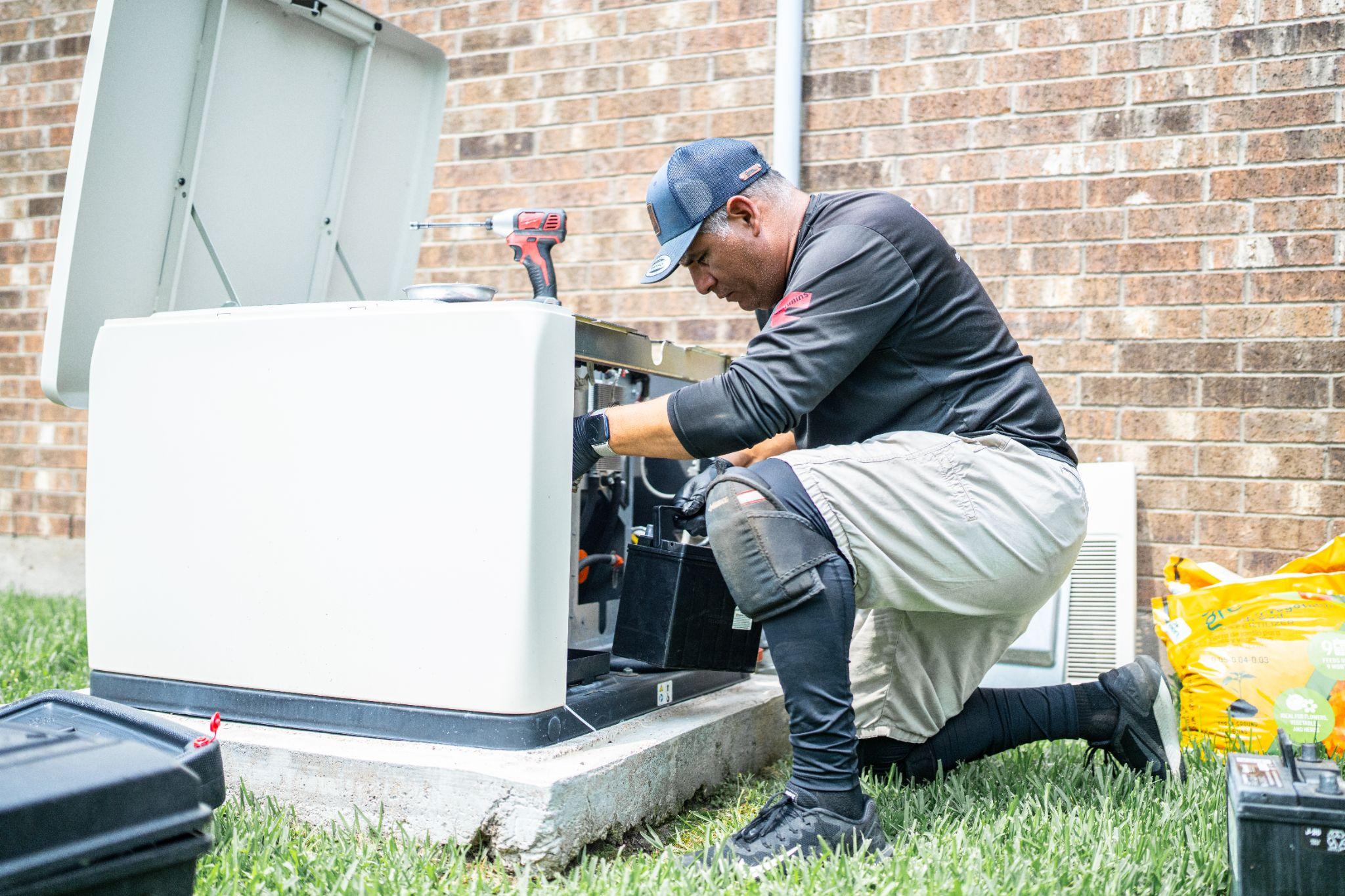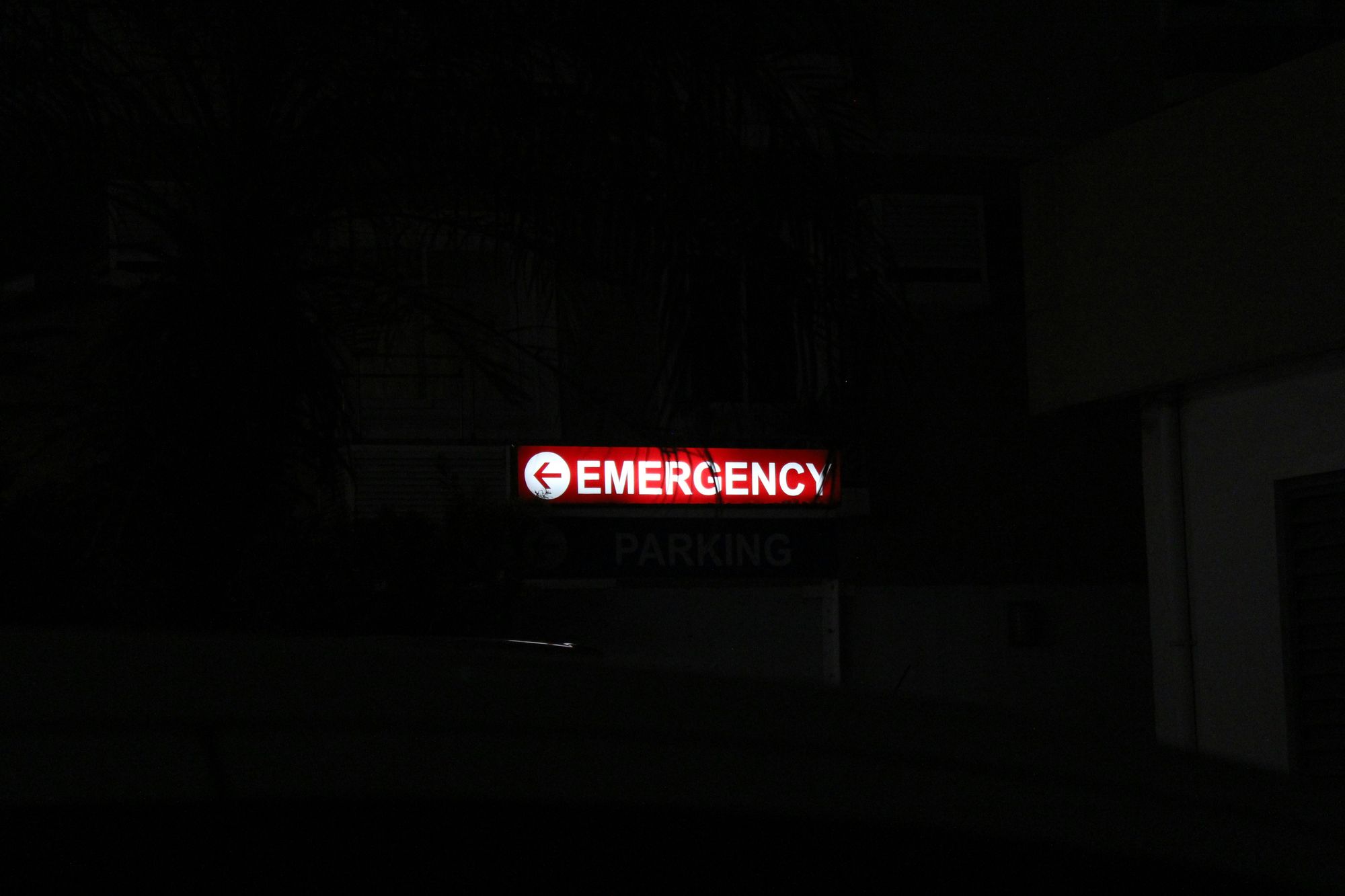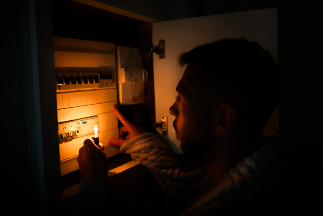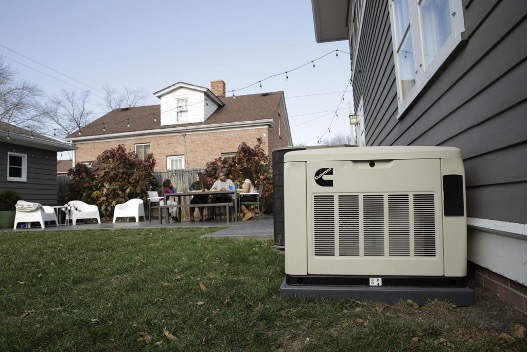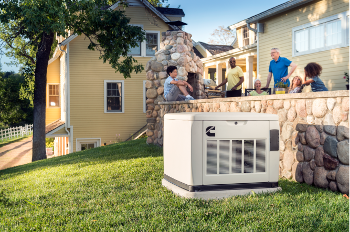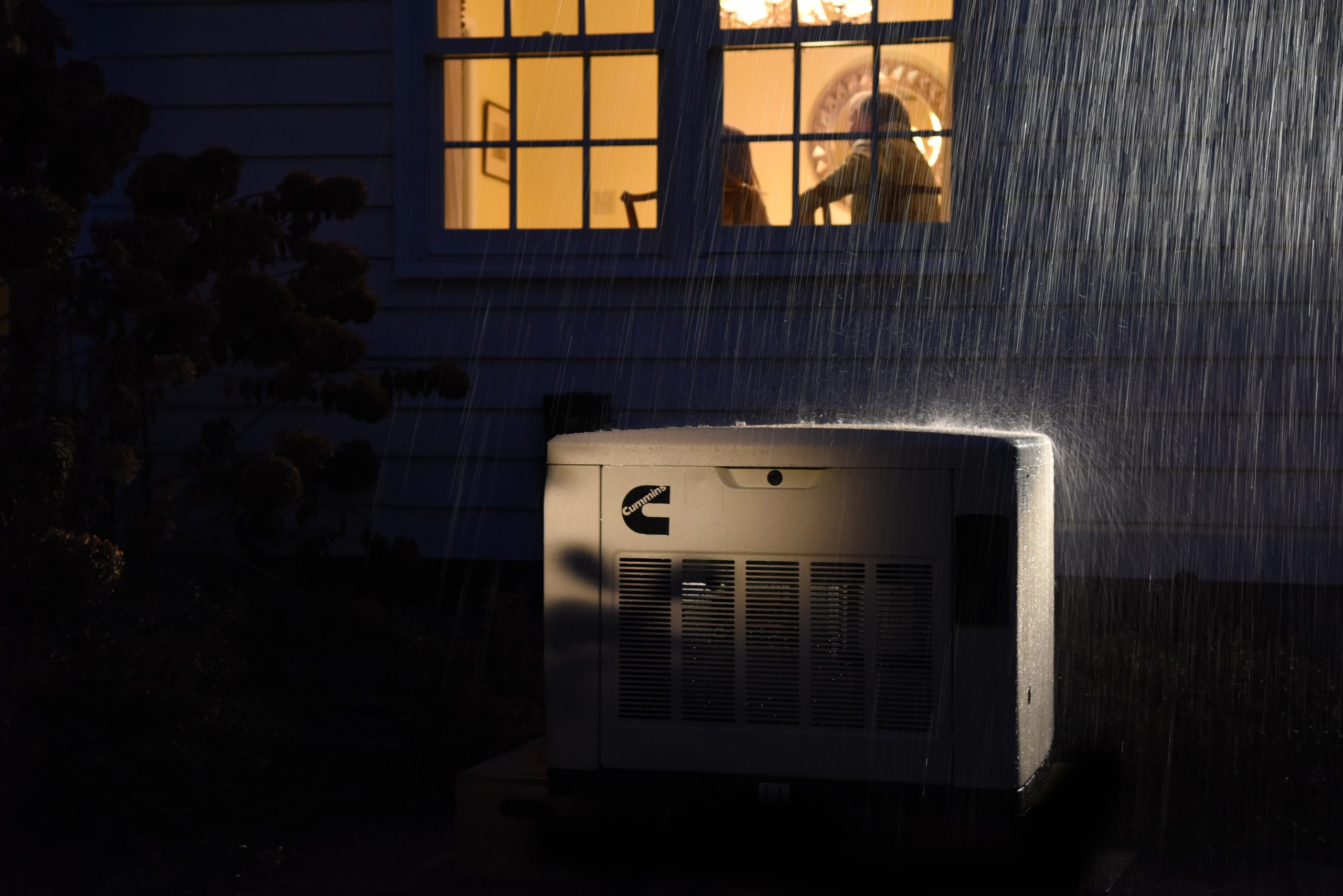The Real Cost of Power Outages for Home-Based Businesses
Power outages are more than a temporary setback. For remote workers, freelancers, and entrepreneurs, they can be a direct threat to your income, productivity, and peace of mind. Imagine this. You’re working from your home office, mid-call with a client or finalizing a time-sensitive task… and everything stops. The power cuts, the Wi-Fi drops, and … Read more


